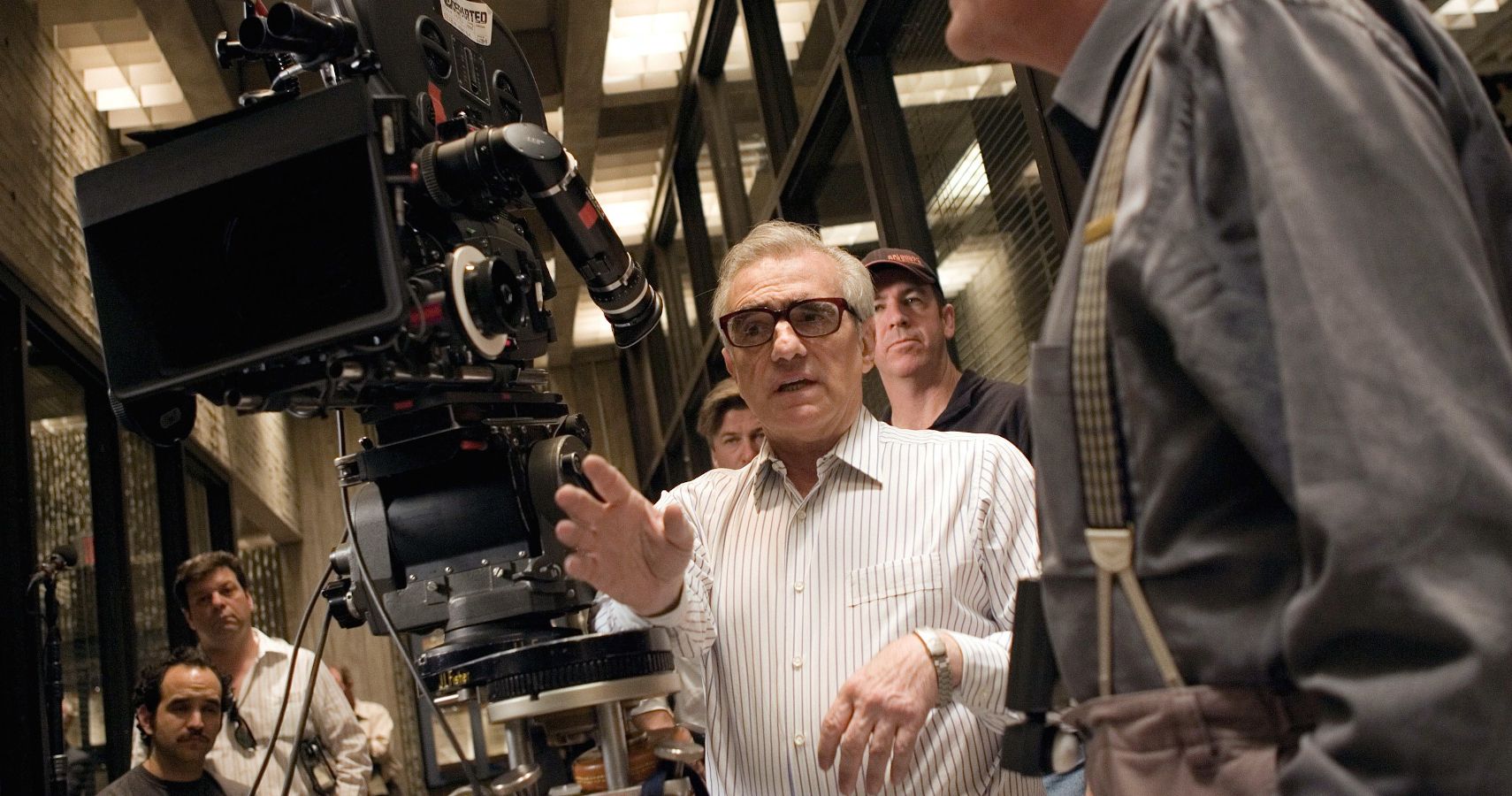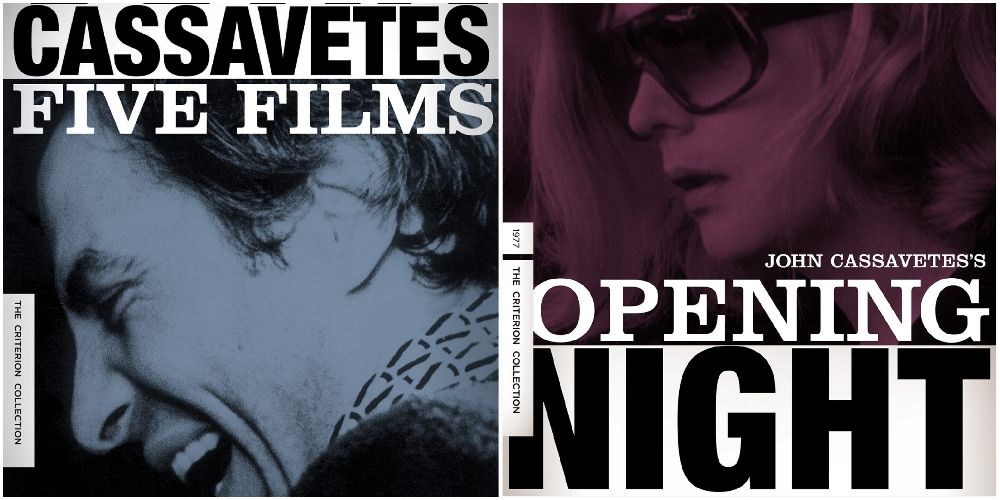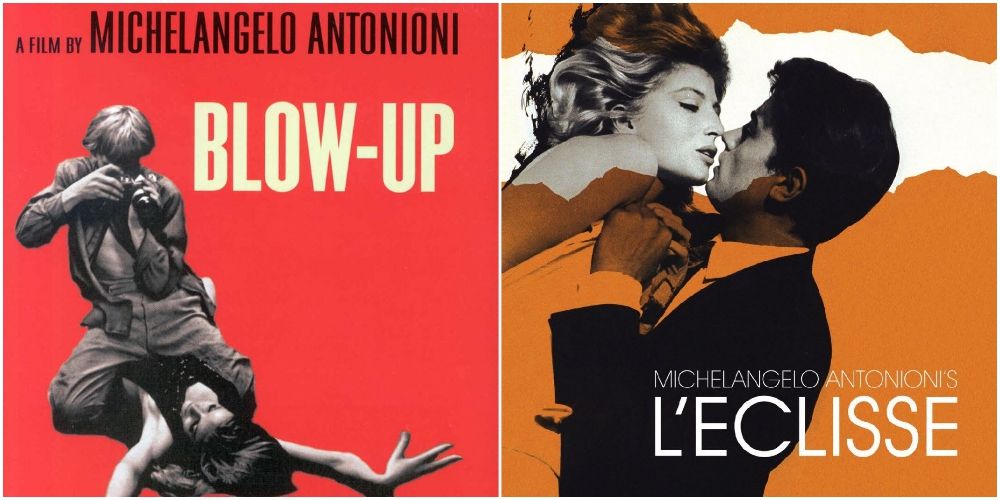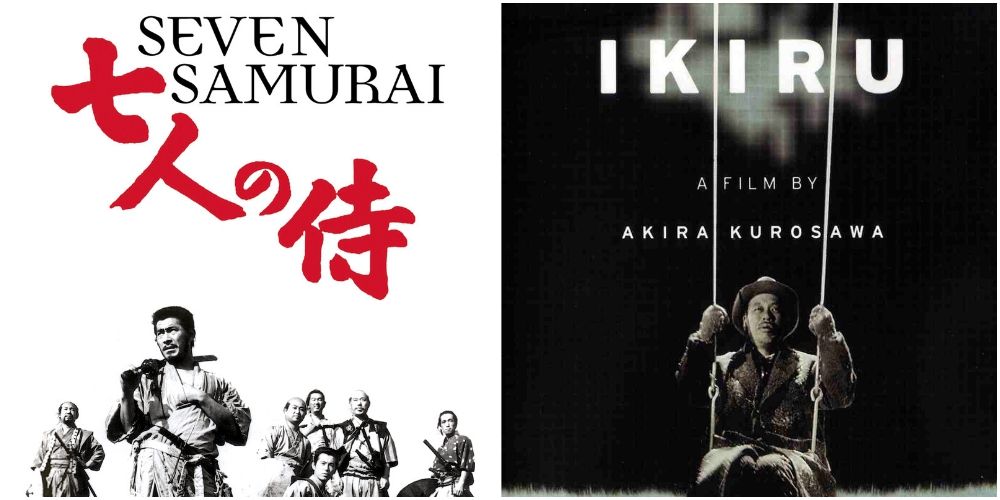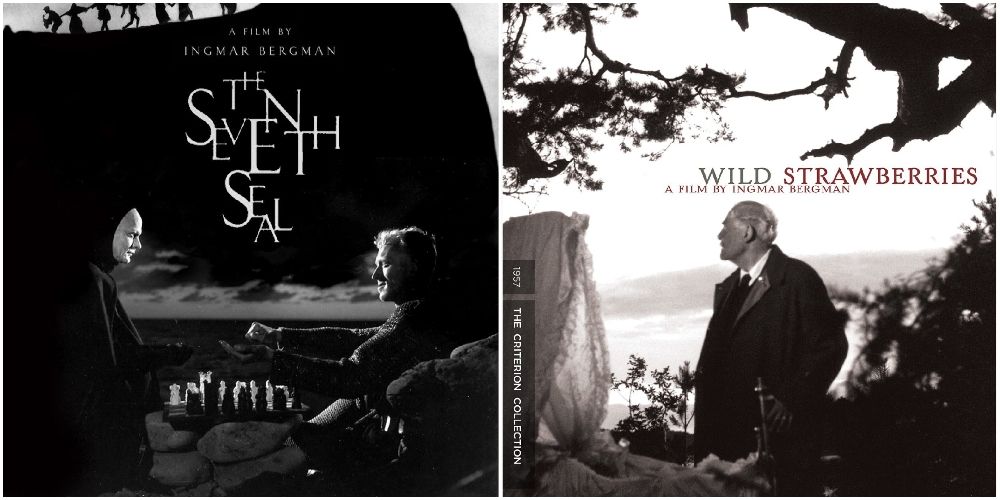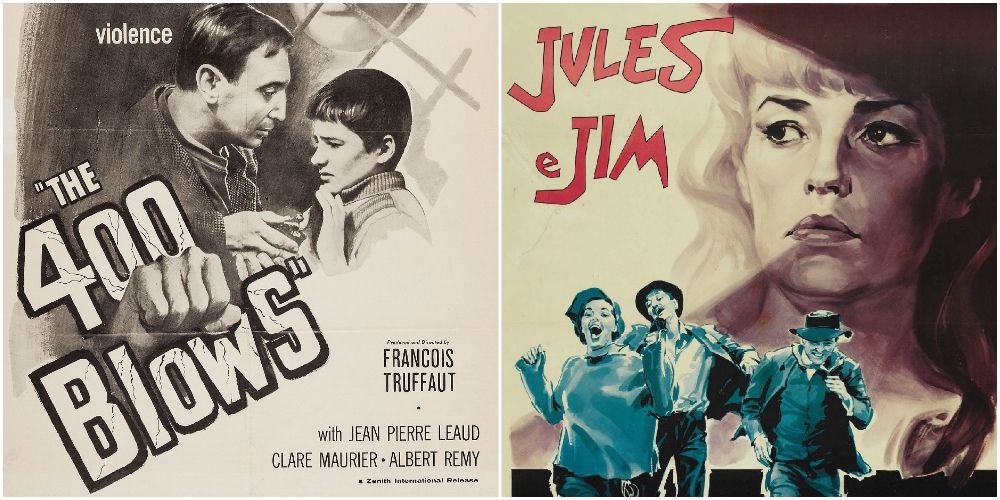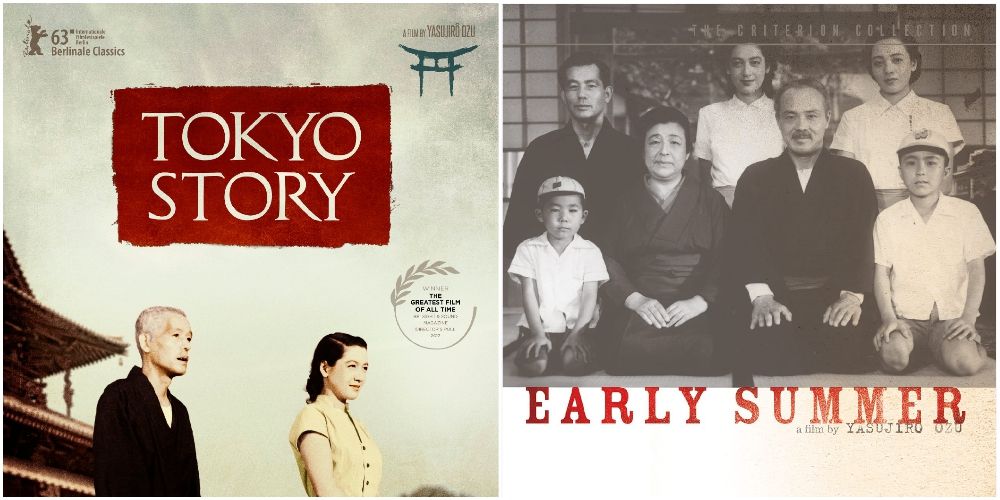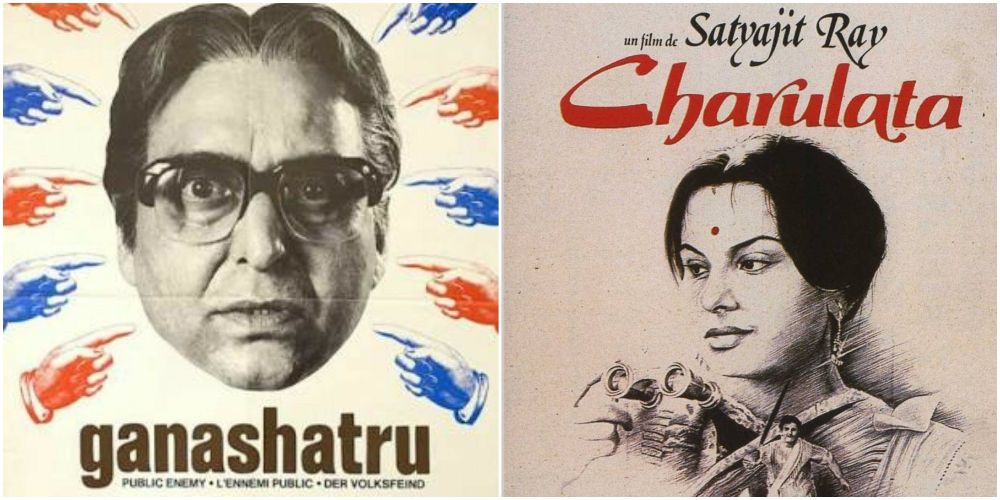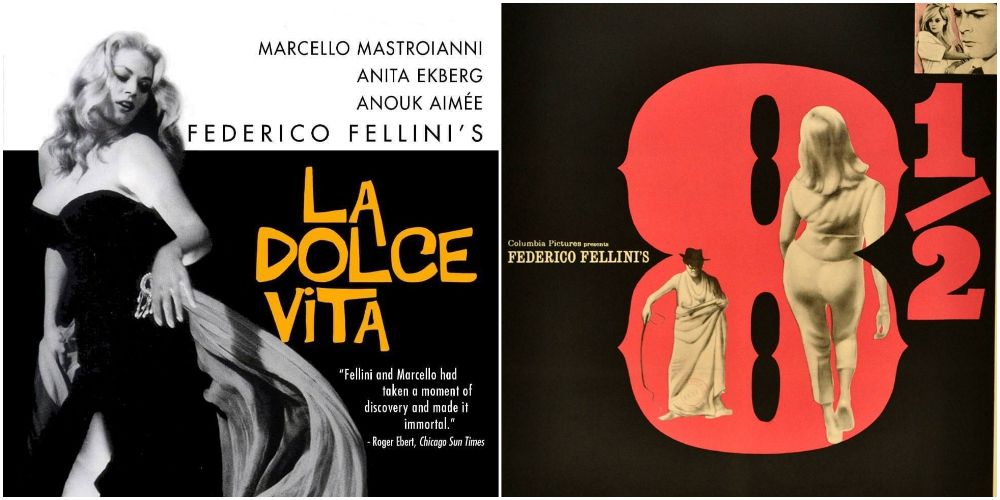Martin Scorsese is one of the most prolific and recognizable living American filmmakers over the last 50 years. Like every other movie buff, Scorsese developed his love for cinema at a young age, going to the movie theatre and consuming as much as he could. A film nerd through and through, Scorsese eventually got his MFA from NYU after earning a Bachelor's in English.
Scorsese came of age in the 1960s, an exciting decade for movies. Over time, in various interviews, documentaries, and writing projects, Scorsese has traced his love for cinema, paying homage to the directors whose innovations and styles struck him. This list brings together 10 directors who informed and inspired Martin Scorsese.
John Cassavetes
Cassavetes may be best-known for his TV and movie acting career, including his roles in Rosemary's Baby and The Dirty Dozen, but his true love was making movies. He directed his first feature, Shadows, in 1959, and then went on to make some of the rawest, most vulnerable, and genuine films of the 20th century: A Woman Under The Influence, The Killing of a Chinese Bookie, and Opening Night.
With his unstable, shifting camera style and a tendency toward improvised dialogue, Cassavetes wanted to make movies fueled by real life. Scorsese has often cited him as an influence, and Cassavetes's style is apparent throughout Scorsese's early work, especially Mean Streets.
John Ford
The man responsible for creating a thriving Western thread in cinema, John Ford is considered one of the most iconic filmmakers in early Hollywood history. Focused on characters trying to make a life for themselves in the wild frontier, Ford is responsible for Westerns between the 1930s and 1960s like Stagecoach, The Searchers, and The Man Who Shot Liberty Vance.
Ford also adapted classic novels like The Grapes of Wrath to the big screen. His filmography includes nearly 140 films, and he's been cited by directors all over the world as one of the most important movie makers of all time.
Michelangelo Antonioni
An Italian director whose heyday was in the 1950s and 1960s, Antonioni relies on mood and atmospherics to tell his cinematic stories of lust, intrigue, and revenge. Responsible for over a dozen feature films, his stylized, beautiful approach to filmmaking moved many aspiring directors like Scorsese.
For Antonioni, plot and action are secondary to imagery and style. Some of his most famous include L'Avventura, L'Eclisse, La Notte, and Blowup. While Scorsese is much more character-driven, Antonio's influence is obvious through Scorsese's reliance on setting and design to keep his narratives going.
Akira Kurosawa
One of the most beloved and prolific Japanese filmmakers of all time, Akira Kurosawa's long career as a filmmaker spans from the 1930s to the 1990s. Whether he's making an epic historical drama, an intimate family tale or a fantastical, dream-based venture, Kurosawa's films are defined by his precise attention to detail, his modern cinematic approach, and his focus on the generational, cyclical nature of violence.
Kurosawa's work in the 1950s and 1960s was highly influential to American and European film lovers. These decades saw the release of his most loved masterpieces, including Rashomon, Ikiru, Seven Samurai, Throne of Blood, and Kagemusha. Numerous filmmakers have cited him as an influence, Scorsese included.
Ingmar Bergman
Another productive and influential filmmaker whose works informed Scorsese is the Swedish director Ingmar Bergman. Philosophical and moody, Bergman's films tend to rely on intensive character studies that expose aspects of human nature, from love to creativity to madness.
Bergman's most famous film in 1957's The Seventh Seal, a medieval tale about a knight who plays a game of chess with Death. His other masterworks include Wild Strawberries, Persona, Scenes of a Marriage, and Fanny and Alexander. Bergman's films are emotionally evocative, often employing dream-like imagery to add depth and mood. One of Bergman's frequent collaborators, Max Von Sydow, stared in Scorsese's 2010 film Shutter Island.
Francois Truffaut
One of the most youthful and refreshing mid-century cinematic movements was the French New Wave, and Francois Truffaut was at the forefront of the movement. Alongside directors like Jean-Luc Godard, Agnes Varda, and Eric Rohmer, Truffaut eschewed traditional ideas about filmmaking, relying on chic and novel editing styles and narrative techniques.
Truffaut's masterpieces include The 400 Blows and Jules and Jim, both films that focus on adolescence and young love. Scorsese has spoken at length about his love for The 400 Blows in particular, which tells the story of a young boy grappling with the adult world around him.
Yasujiro Ozu
Another iconic Japanese director, Yasujiro Ozu made numerous family dramas between the late 1920s and early 1960s. His intergenerational, slow-moving, melodramatic approach to filmmaking has contributed to his growing reputation as one of the most important filmmakers of the 20th century.
Ozu is known for classics like Late Spring, Toyko Story, Floating Weeds, and An Autumn Afternoon. As his films have gained more attention, his use of unconventional framing and movements have been highlighted by critics, as well as his tendency to jump ahead in his narrative without depicting important events in the lives of his characters. All of these qualities are present in Scorsese's films.
Michael Powell
This British auteur is remembered for his dark and compelling thrillers, including The 49th Parallel, Black Narcissus, and Peeping Tom. Scorsese has referenced Powell numerous times over the course of his career, noting the director's tense, invasive style.
Powell worked his way up from gofer to scriptwriter to a director. Despite being a well-respected, prolific filmmaker, he received severe criticism for the sexualized violence depicted in Peeping Tom, which was released in 1960. The film, though, proved to be one of the most influential in Powell's filmography, foreshadowing the gritty, voyeuristic tone of 1970s cinema.
Satyajit Ray
An Indian filmmaker, Ray is considered one of the best directors of all time. He was turned into movies when he was exposed to the dark Italian realistic drama Bicycle Thieves, and his career spans from the 1950s until the 1990s. He's noted for his slow pacing, simple storytelling structure that belies the great complexity underneath, and classic narrative techniques.
While not the most innovative or experimental, Ray made India a center for cinematic culture, bringing the stories of everyday Indians into the international scene. He's most famous for The Apu Trilogy, three coming-of-age stories that focus on the life of a Bengali boy named Apu.
Federico Fellini
Fellini is one of the most respected Italian filmmakers of all time, known for his films that blend fantasy, stark reality, and sharp character studies. His films often focus on the creative process and the whimsical struggles that come along with it.
He's best known for his film 8 1/2, about a film director wrestling with his own creative demons. His other iconic films include La Dolca Vita, for which he won the Palme D'Or at the Cannes Film Festival, La Strada, and Amarcord. Scorsese has confessed in multiple interviews that he watches 8 1/2 every year.

